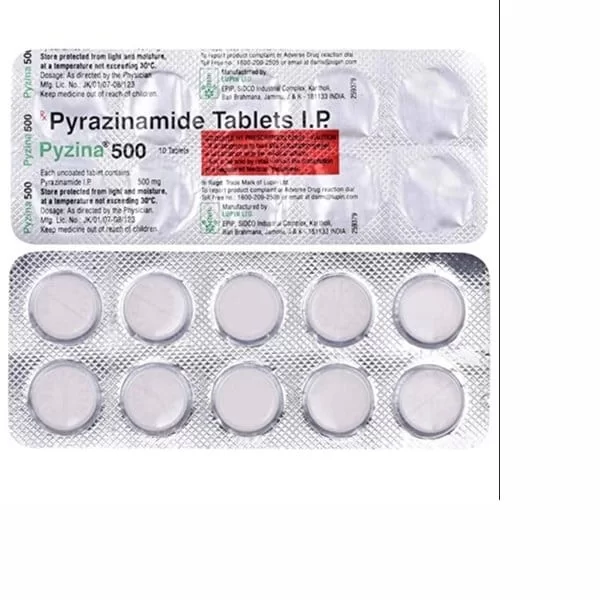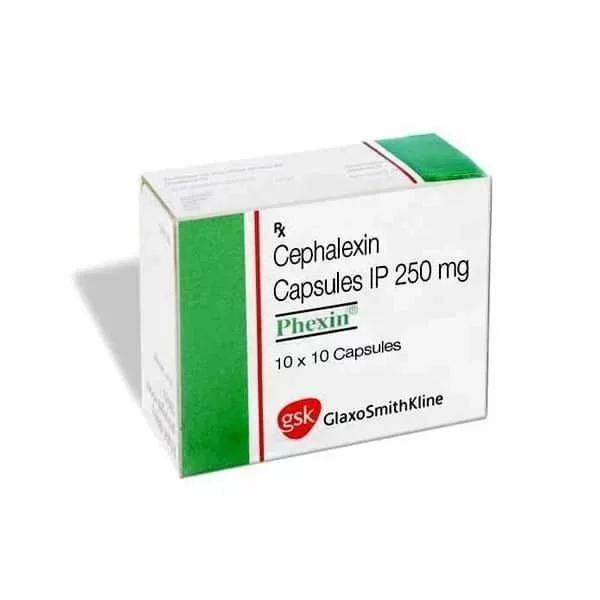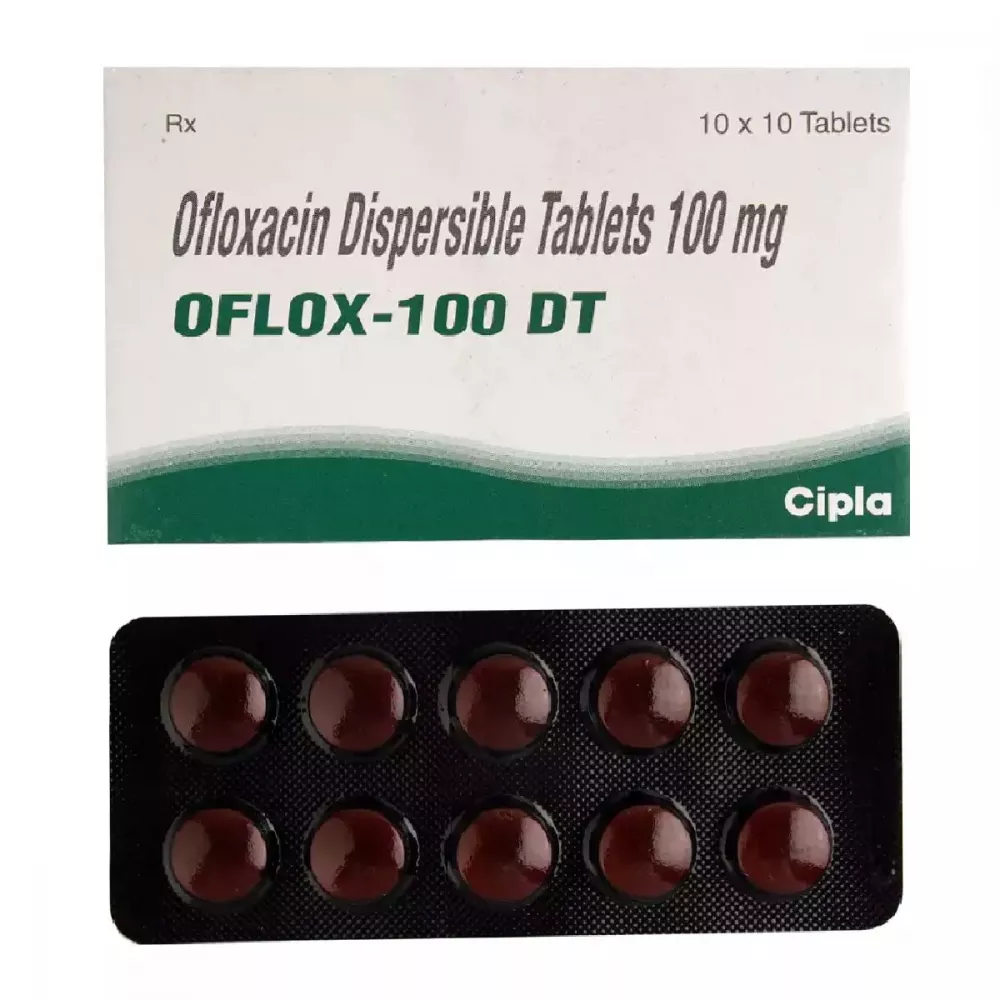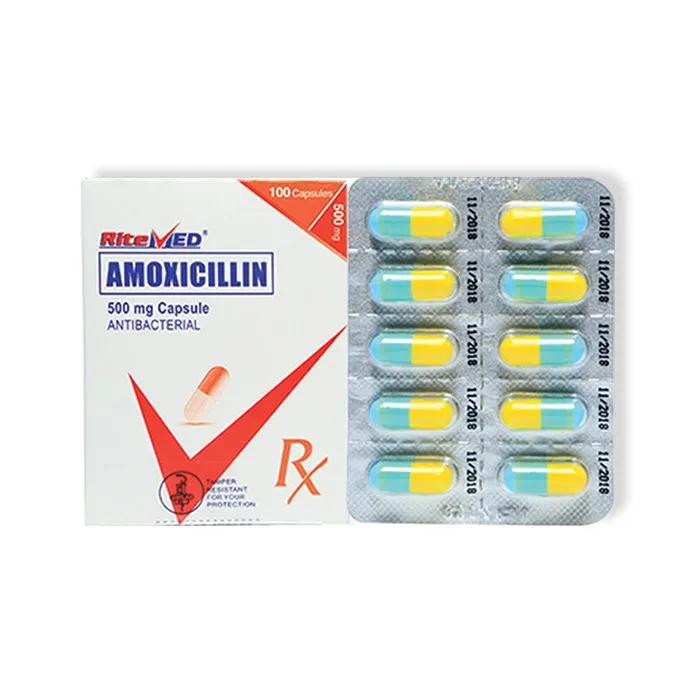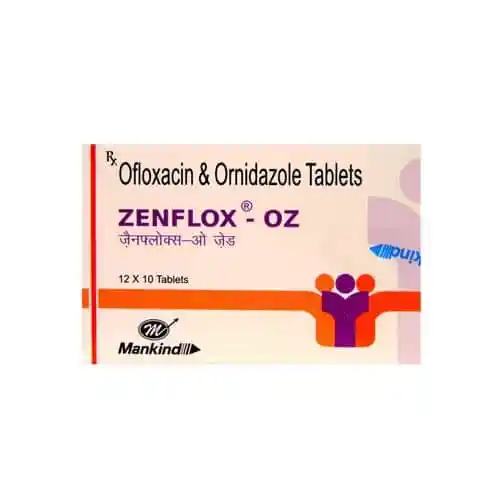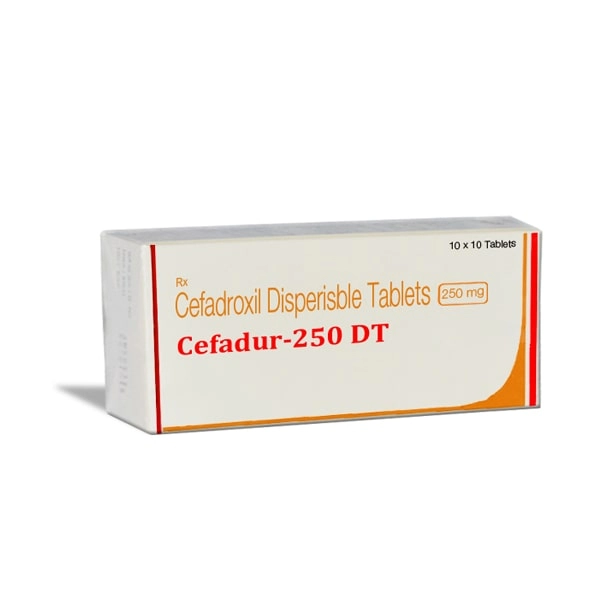R-CIN 300 MG (Rifampicin)
Welcome to our comprehensive guide on R-CIN 300 MG, an antibiotic medication that has gained popularity for its effectiveness in treating various bacterial infections. In this article, we will delve deep into the world of Rifampicin, exploring its uses, benefits, potential side effects, and more. Our aim is to provide you with an authoritative resource that not only informs but also empowers you to make well-informed decisions about your health. Let's begin!
What is R-CIN 300 MG (Rifampicin)?
R-CIN 300 MG is a form of Rifampicin, a powerful antibiotic commonly prescribed to combat a wide range of bacterial infections. This medication belongs to the class of drugs known as rifamycins, which work by inhibiting the growth and replication of bacteria. Rifampicin has been a cornerstone in the treatment of various diseases and has saved countless lives since its discovery.
Uses and Medical Applications
R-CIN 300 MG (Rifampicin) finds applications in the treatment of several infections caused by bacteria. Some of the most common conditions for which it is prescribed include:
1. Tuberculosis (TB)
Rifampicin is one of the primary drugs used in the treatment of tuberculosis. When combined with other antibiotics, it forms the standard regimen for both drug-susceptible and drug-resistant TB cases. The efficacy of Rifampicin in combating TB has made it an indispensable tool in the fight against this deadly disease.
2. Leprosy
In the treatment of leprosy, Rifampicin is often used in multidrug therapy to kill the bacteria responsible for this chronic infectious disease. Its inclusion in the therapeutic regimen has significantly contributed to the reduction of leprosy cases worldwide.
3. Methicillin-Resistant Staphylococcus Aureus (MRSA) Infections
R-CIN 300 MG is also utilized in the management of MRSA infections, which are notoriously difficult to treat due to their resistance to many antibiotics. Rifampicin's effectiveness against MRSA has made it an essential component in tackling such challenging infections.
4. Brucellosis
Rifampicin is part of the treatment regimen for brucellosis, a bacterial infection typically transmitted to humans from animals. By targeting the bacteria responsible for the infection, Rifampicin helps in eradicating the disease.
5. Meningococcal Carriers
In certain situations, Rifampicin is administered to eliminate the bacteria Neisseria meningitides in individuals who carry the bacteria in their nose and throat. This measure is taken to prevent the spread of meningococcal disease.
Dosage and Administration
The dosage of R-CIN 300 MG (Rifampicin) may vary depending on the specific infection being treated, the patient's age, weight, and overall health condition. It is crucial to follow the prescribed dosage and administration instructions provided by a qualified healthcare professional to ensure optimal therapeutic outcomes.
Potential Side Effects
Like all medications, R-CIN 300 MG (Rifampicin) may cause some side effects. Common side effects include:
- Nausea and Vomiting: Some individuals may experience mild to moderate nausea or vomiting as their body adjusts to the medication.
- Skin Discoloration: Rifampicin can cause harmless reddish-orange discoloration of urine, tears, and other bodily fluids.
- Digestive Disturbances: Rifampicin may lead to gastrointestinal issues such as diarrhea or abdominal discomfort.
It is essential to seek medical attention if any side effects persist or worsen. Additionally, some individuals may experience more severe side effects, such as liver problems or allergic reactions. If you observe any concerning symptoms, it is crucial to contact your healthcare provider immediately.
Precautions and Warnings
R-CIN 300 MG (Rifampicin) is generally safe when used as prescribed, but certain precautions should be taken:
- Drug Interactions: Rifampicin may interact with other medications, including birth control pills, anticoagulants, and certain antiviral drugs. It is essential to inform your doctor about all medications you are taking to avoid potential interactions.
- Liver Function: Rifampicin can affect liver function in some individuals. Regular monitoring of liver enzymes may be necessary during treatment.
- Pregnancy and Breastfeeding: Pregnant or breastfeeding individuals should consult their healthcare provider before using Rifampicin, as it may have adverse effects on the fetus or nursing baby.
Conclusion
In conclusion, R-CIN 300 MG (Rifampicin) is a highly effective antibiotic medication used in the treatment of various bacterial infections. Its broad spectrum of applications, especially in combating tuberculosis and drug-resistant bacteria, has cemented its position as an indispensable tool in modern medicine.
If you have been prescribed R-CIN 300 MG, it is essential to follow your healthcare provider's instructions diligently and be aware of potential side effects. Always communicate openly with your doctor about any concerns or questions you may have during the course of treatment.
Remember, while Rifampicin is a potent medication, it is not without its limitations and precautions. Your healthcare provider is the best resource to guide you through the treatment process and ensure the best possible outcomes for your health.



